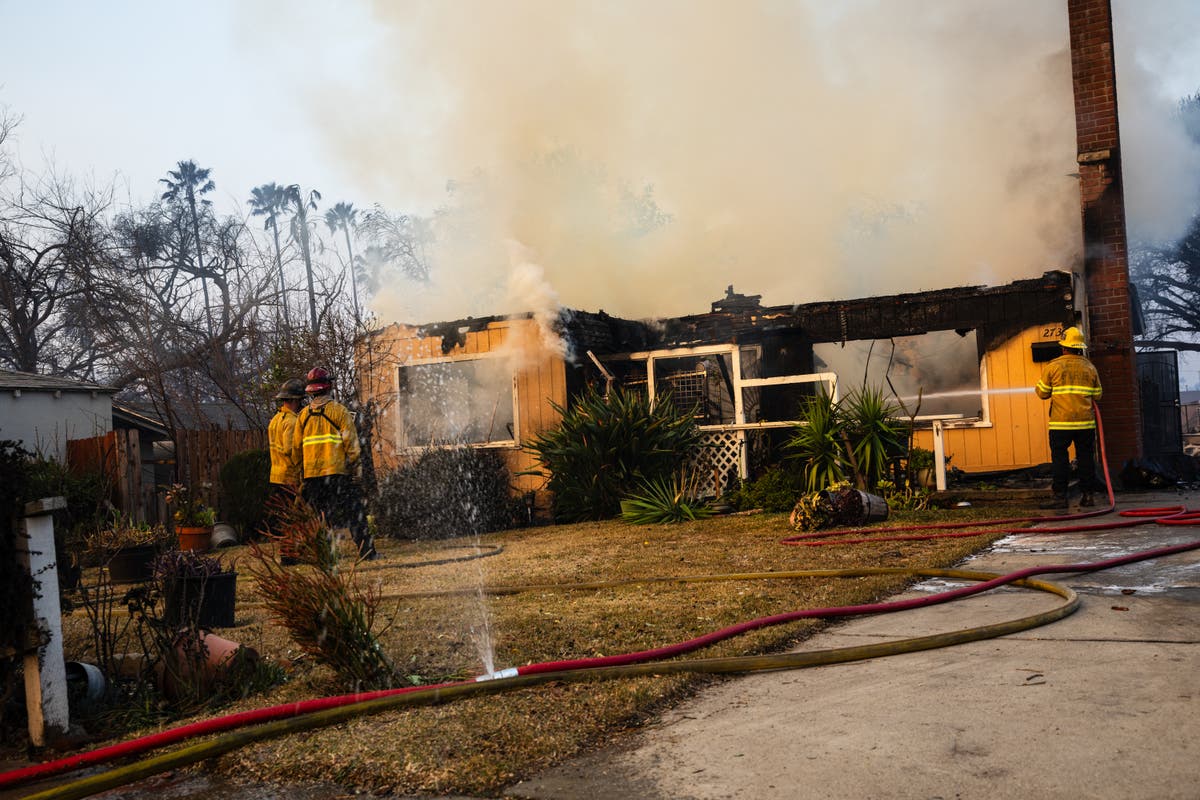The Israeli army raised its alert level amid security estimates of the possibility of launching Tehran A “strong” attack in response to Israeli military strikes against Iranian sites. A report published by the Hebrew Walla website stated that the army conducts daily assessments of the situation and maintains high readiness, especially in the areas of air defense and the control system, in anticipation of any attack that Iran or its allied groups may launch in the region.
Amir Baram, Deputy Chief of Staff of the Israeli Army, is leading efforts to enhance coordination with the US Army Central Command (Centcom) in anticipation of multiple escalation scenarios, according to the Walla website. Military cooperation includes the deployment of hundreds of American soldiers within the THAAD missile defense system stationed in Israel, which adds a new defensive layer to the Israeli security system.
Israeli officials indicated that the forces remain ready to confront any attack from multiple fronts, including Syria, Yemen and Iraq, and not necessarily from within Iranian territory itself. Israeli intelligence does not rule out the possibility of Iran attempting to assassinate prominent Israeli figures inside and outside the country. Israel.
On October 26, the Israeli army announced an attack on Iranian military sites, stressing that it came in response to Iranian missiles fired at Israel at the beginning of the same month. And I got stuck Iran Accordingly, its operations came in the wake of the killing of a number of military leaders it was supporting, in addition to a general in the Revolutionary Guard.
The Iranian Supreme Leader threatened Ali Khamenei The United States and Israel issued a “harsh response” to their actions against Iran and its allies, and indicated that this response would not be limited to Iran alone, but would include the axis of resistance, which includes pro-Iranian movements such as the Houthis in Yemen, Hezbollah in Lebanon, and Hamas in Palestine.
American warnings
On the other hand, the US State Department announced that it had sent a message to the Iranian leader with the aim of preventing escalation and emphasizing that Washington will support Israel in any possible confrontation. The Pentagon deployed additional military capabilities in the region as a “deterrent” measure to protect American forces and to support Israel’s security at this sensitive stage.
The Israeli security services estimate that Iran takes American warnings into account when making the decision to respond, especially with the American elections approaching, as this may have an impact on Tehran’s strategy.
Israel believes that Iran is balancing its desire to respond with pressure from the international community, and it is expected that any Iranian response will be affected by the electoral context in the United States, which may delay the response for at least a few days.
On Sunday, Iran confirmed that reaching a ceasefire between its allies and Israel may affect the severity of its expected response to the recent Israeli attacks that targeted Iranian military sites. This was stated by the Iranian President Masoud BazeshkianPointing out that withdrawing from hostilities by Israel and stopping targeting civilians may lead to reducing the severity and nature of the Iranian response.
Pezeshkian added that Iran is committed to defending “its sovereignty and will not ignore any attack that affects its security.”
For his part, the Israeli Prime Minister explained Benjamin Netanyahu The Israeli attacks targeted Iranian defense sites and missile production facilities, stressing that the goal was to weaken Iran’s defensive capabilities and reduce its security threat. Iranian military sources reported that the Israeli attack resulted in the death of 4 soldiers and caused limited damage to a number of radar systems, while Iranian media indicated that a civilian was also killed.
This tension coincides with international calls for a ceasefire in the Gaza Strip and Lebanon to avoid escalation of the crisis in the region. With Iran stressing the need to confront any violation of its sovereignty, it seems that Israel’s decision to accept or reject the ceasefire will have a decisive role in shaping the Iranian response and its severity.




